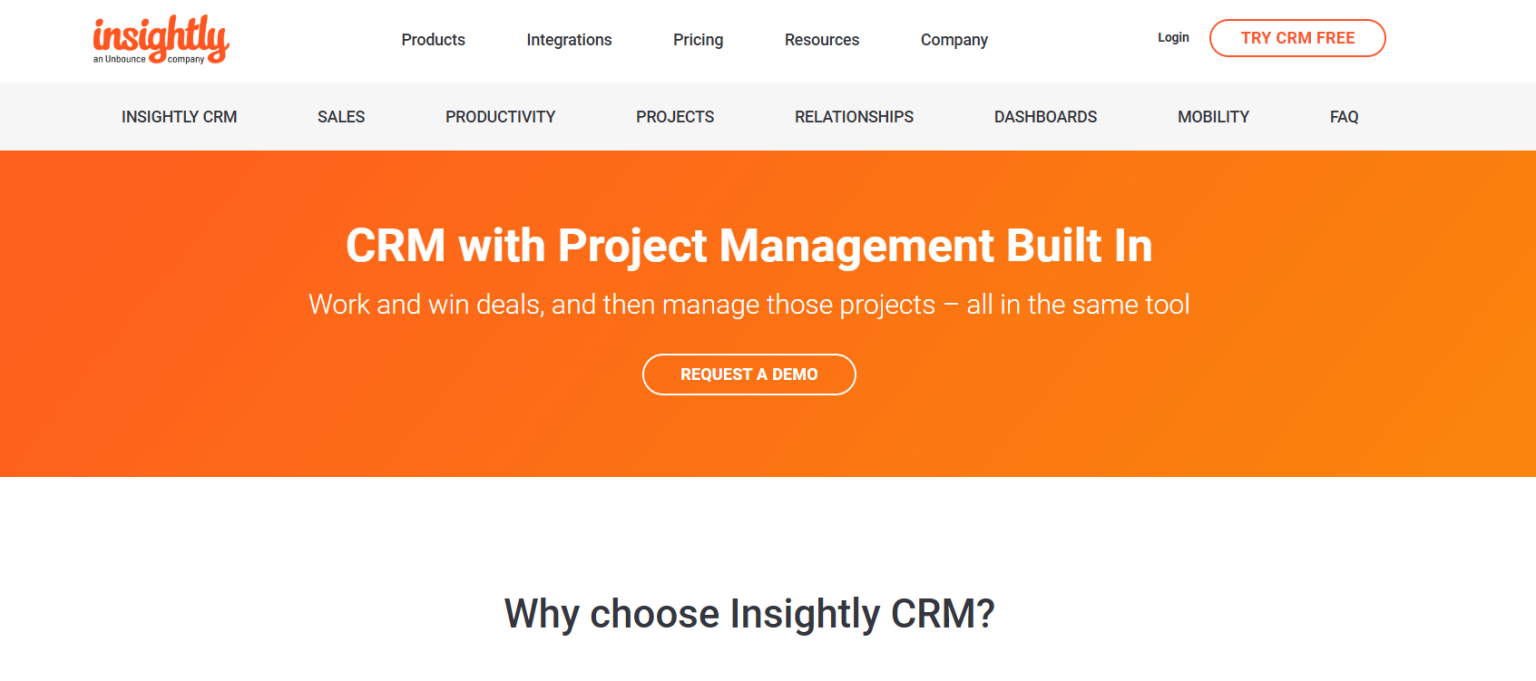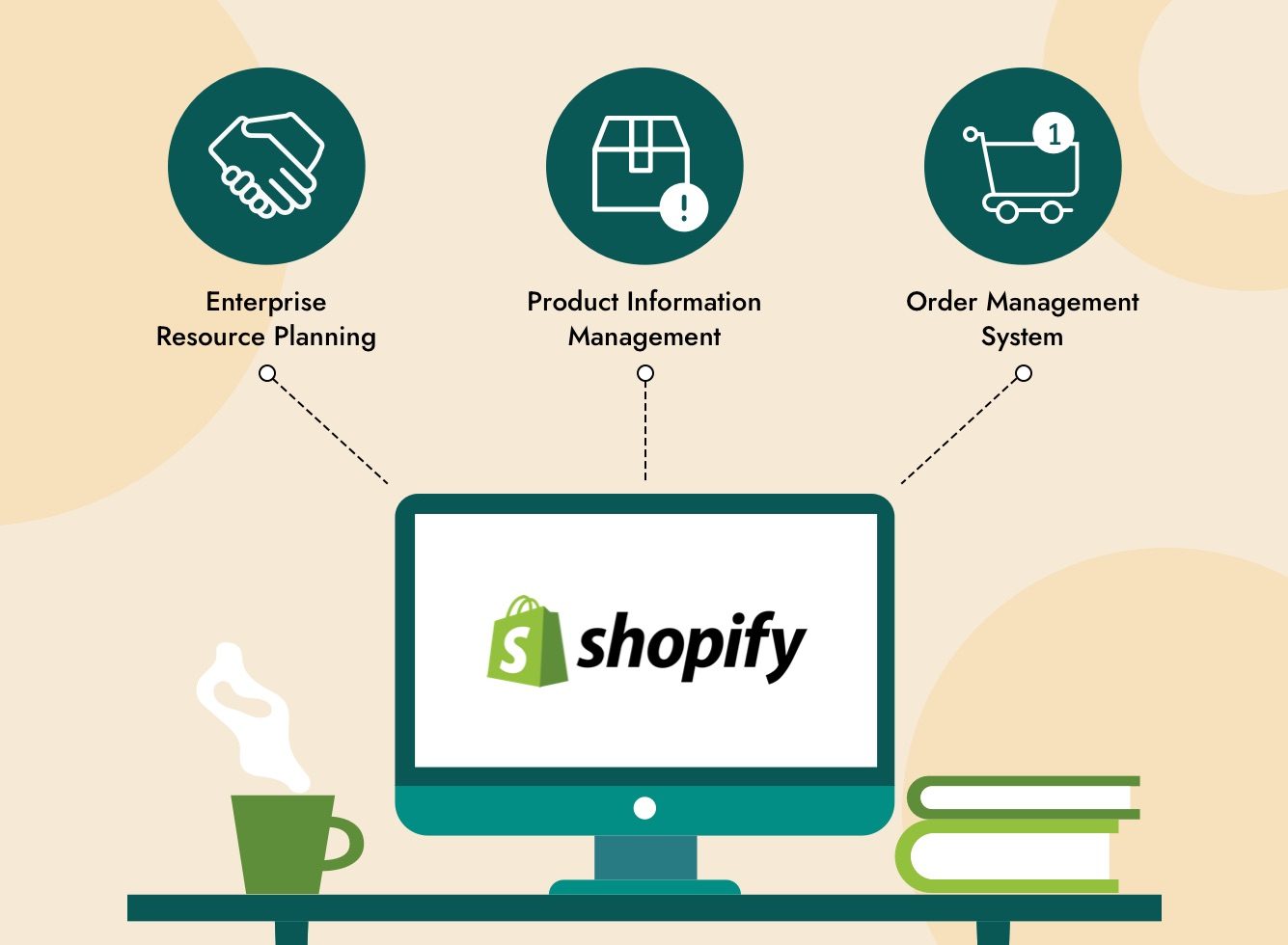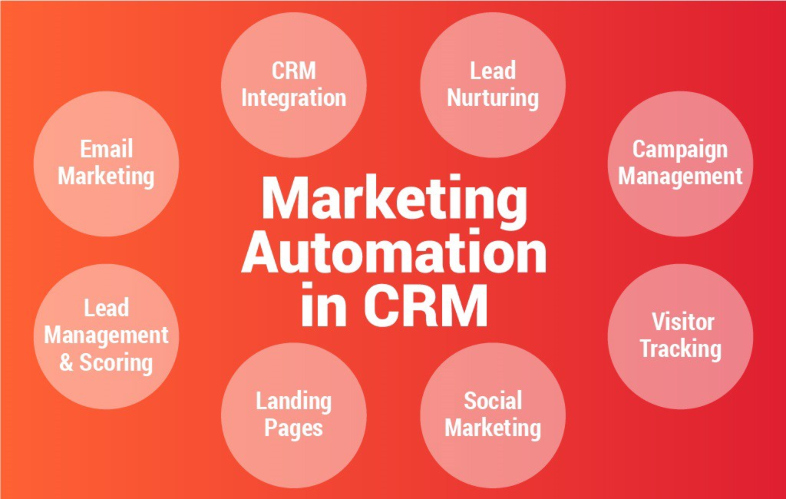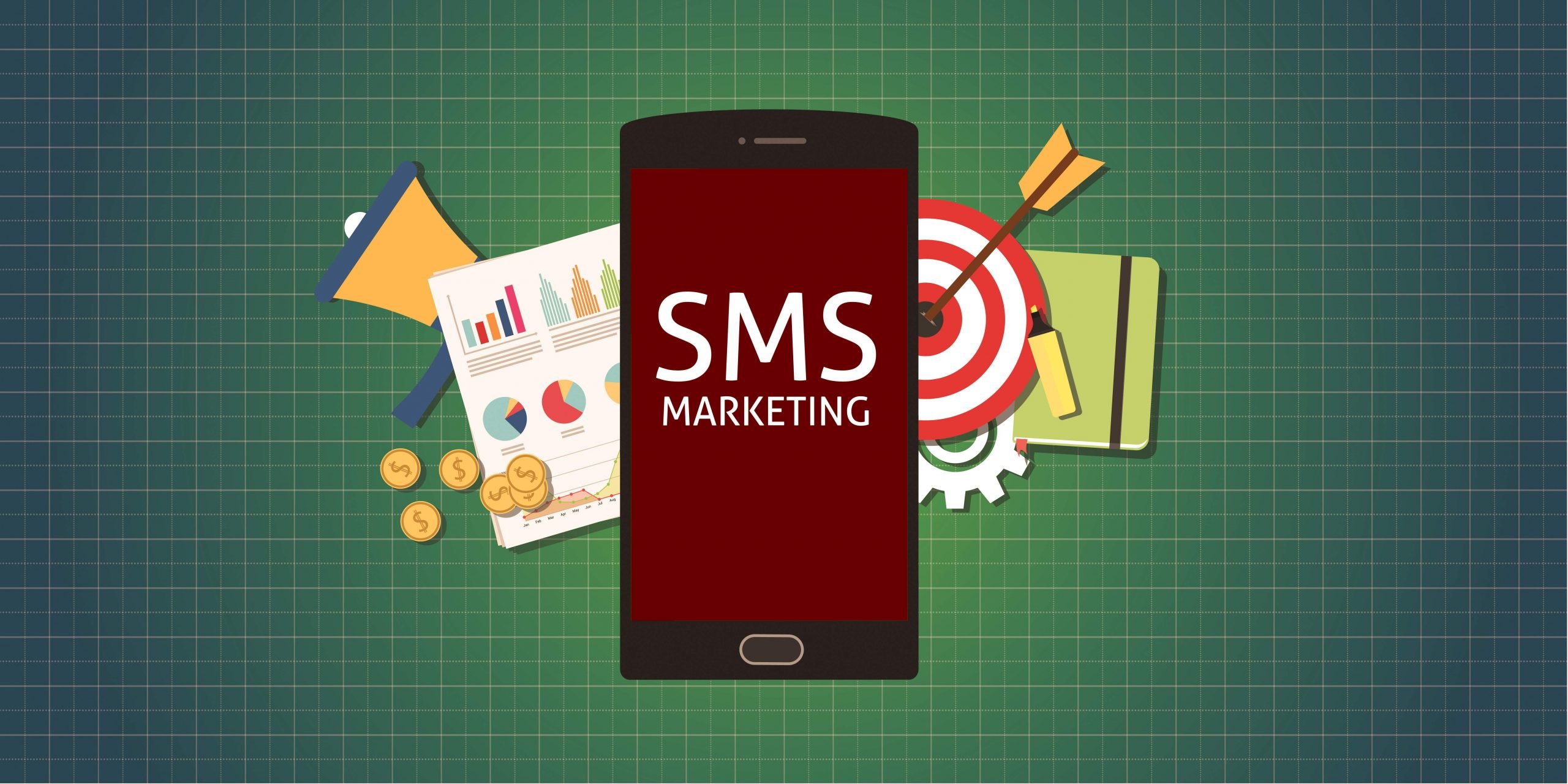CRM Marketing for Beginners: Your Ultimate Guide to Customer Relationship Management
So, you’re dipping your toes into the world of CRM marketing? Fantastic! It’s a game-changer. If you’re a beginner, you might be feeling a bit overwhelmed. Don’t worry, we’ve all been there. This comprehensive guide will break down everything you need to know about CRM marketing, from the basics to actionable strategies you can implement right away. We’ll cover what CRM is, why it’s important, how to choose the right CRM software, and how to use it to supercharge your marketing efforts. Get ready to transform your business and build lasting relationships with your customers!
What is CRM Marketing? The Foundation of Customer Relationships
CRM marketing, at its core, is about building and nurturing relationships with your customers. It’s a strategic approach that uses Customer Relationship Management (CRM) software to collect, organize, and analyze customer data. This information allows you to personalize your marketing efforts, improve customer service, and ultimately, boost sales. Think of it as the central nervous system of your customer interactions.
Instead of treating every customer the same, CRM marketing lets you understand each individual’s needs, preferences, and behaviors. This understanding empowers you to deliver tailored messages, offers, and experiences that resonate with them. It’s about making your customers feel valued and understood.
Key Components of CRM Marketing
- Customer Data Collection: Gathering information about your customers from various sources, such as website forms, social media interactions, email sign-ups, and purchase history.
- Data Organization and Storage: Storing customer data in a centralized database, ensuring easy access and management.
- Segmentation: Dividing your customer base into different groups based on demographics, behaviors, purchase history, and other relevant criteria.
- Personalization: Tailoring your marketing messages, offers, and content to specific customer segments or individual customers.
- Automation: Automating repetitive marketing tasks, such as email campaigns, lead nurturing, and social media posting.
- Analytics and Reporting: Tracking and analyzing the performance of your marketing campaigns, measuring key metrics like conversion rates, customer lifetime value, and ROI.
Why is CRM Marketing Important? The Power of Customer-Centricity
In today’s competitive landscape, customer-centricity is no longer optional; it’s essential. CRM marketing provides the tools and insights you need to put your customers at the heart of your business. Here’s why it’s so important:
Improved Customer Relationships
CRM marketing fosters stronger customer relationships by providing personalized experiences. When you understand your customers’ needs and preferences, you can communicate with them in a way that feels relevant and valuable. This leads to increased customer loyalty and advocacy.
Increased Sales and Revenue
By targeting the right customers with the right messages at the right time, CRM marketing drives sales and revenue growth. Personalized offers and promotions are more likely to convert leads into customers and encourage repeat purchases.
Enhanced Customer Service
CRM systems provide a 360-degree view of each customer, allowing your customer service team to resolve issues quickly and efficiently. Agents can access customer history, preferences, and past interactions, enabling them to provide personalized support and build stronger relationships.
Improved Marketing ROI
CRM marketing allows you to track and measure the performance of your marketing campaigns, providing valuable insights into what’s working and what’s not. This data-driven approach helps you optimize your marketing spend and maximize your ROI.
Better Lead Management
CRM systems help you manage leads effectively, from initial contact to conversion. You can track lead interactions, nurture leads through the sales funnel, and identify the most promising prospects. This improves your sales team’s efficiency and increases conversion rates.
Choosing the Right CRM Software: A Beginner’s Guide
Selecting the right CRM software is crucial for the success of your CRM marketing efforts. There are many options available, each with its own features, pricing, and target audience. Here’s a step-by-step guide to help you choose the best CRM software for your needs:
1. Assess Your Needs
Before you start evaluating CRM software, take the time to assess your business needs. Consider the following questions:
- What are your primary business goals? (e.g., increase sales, improve customer service, streamline marketing)
- What are your key marketing activities? (e.g., email marketing, social media marketing, lead generation)
- What are your customer service requirements? (e.g., live chat, ticketing system, phone support)
- How many users will need access to the CRM?
- What integrations do you need? (e.g., email marketing platforms, social media platforms, e-commerce platforms)
2. Research CRM Software Options
Once you understand your needs, research different CRM software options. Consider the following popular choices:
- Salesforce: A comprehensive CRM platform suitable for businesses of all sizes, offering a wide range of features and integrations.
- HubSpot CRM: A free CRM platform with powerful marketing, sales, and service tools, ideal for small and medium-sized businesses.
- Zoho CRM: A feature-rich CRM platform with a focus on sales automation and customer support.
- Microsoft Dynamics 365: A comprehensive CRM and ERP solution for businesses of all sizes, offering a wide range of features and integrations.
- Pipedrive: A sales-focused CRM platform designed to help sales teams manage leads, track deals, and close more sales.
3. Evaluate Key Features
As you research CRM software options, evaluate the following key features:
- Contact Management: Ability to store and manage customer contact information, including names, email addresses, phone numbers, and social media profiles.
- Lead Management: Tools for capturing, tracking, and nurturing leads throughout the sales funnel.
- Sales Automation: Features for automating sales tasks, such as email follow-ups, appointment scheduling, and task management.
- Marketing Automation: Tools for automating marketing campaigns, such as email marketing, social media posting, and lead nurturing.
- Customer Service: Features for managing customer support tickets, providing live chat support, and tracking customer interactions.
- Reporting and Analytics: Tools for tracking and analyzing key metrics, such as sales performance, customer satisfaction, and marketing ROI.
- Integrations: Ability to integrate with other business applications, such as email marketing platforms, social media platforms, and e-commerce platforms.
- Mobile Access: Ability to access the CRM software from mobile devices, allowing you to manage your business on the go.
4. Consider Pricing and Scalability
CRM software pricing varies depending on the features and the number of users. Consider the following factors:
- Pricing models: (e.g., per user per month, tiered pricing)
- Free plans: (offered by some CRM providers, but often with limited features)
- Scalability: Ability to scale the CRM software as your business grows.
5. Test and Evaluate
Before making a final decision, test the CRM software. Many CRM providers offer free trials or demos. This allows you to evaluate the software’s features, usability, and performance. Consider the following:
- User experience: Is the software easy to use and navigate?
- Customer support: Does the CRM provider offer adequate customer support?
- Integration capabilities: Does the CRM software integrate with your existing business applications?
Implementing CRM Marketing: A Practical Guide for Beginners
Once you’ve chosen your CRM software, it’s time to implement your CRM marketing strategy. Here’s a step-by-step guide to get you started:
1. Data Migration and Setup
The first step is to migrate your existing customer data into your CRM system. This may involve importing data from spreadsheets, databases, or other sources. Ensure that your data is clean, accurate, and properly formatted. Then, configure your CRM system to match your business needs. This includes setting up user roles, defining custom fields, and integrating with other applications.
2. Customer Segmentation
Segmenting your customer base is crucial for delivering personalized marketing messages. Use your CRM data to divide your customers into different groups based on demographics, behaviors, purchase history, and other relevant criteria. For example, you might segment your customers by age, location, purchase frequency, or product interest.
3. Develop Targeted Marketing Campaigns
Once you’ve segmented your customer base, develop targeted marketing campaigns for each segment. Tailor your messages, offers, and content to resonate with the specific needs and preferences of each group. For example, you might send a special offer to customers who haven’t made a purchase in a while or promote a new product to customers who have previously purchased similar items.
4. Automate Your Marketing Efforts
CRM systems offer powerful automation features that can save you time and improve efficiency. Use automation to streamline repetitive marketing tasks, such as email campaigns, lead nurturing, and social media posting. For example, you can set up automated email sequences to nurture leads through the sales funnel or send personalized welcome emails to new customers.
5. Track and Analyze Your Results
Tracking and analyzing your results is essential for measuring the success of your CRM marketing efforts. Use your CRM system’s reporting and analytics tools to track key metrics, such as conversion rates, customer lifetime value, and ROI. This data will help you identify what’s working and what’s not, so you can optimize your campaigns and improve your results.
6. Integrate CRM with Other Marketing Tools
To maximize the effectiveness of your CRM marketing efforts, integrate your CRM system with other marketing tools, such as email marketing platforms, social media platforms, and e-commerce platforms. This will allow you to seamlessly share data between your systems and create a more unified customer experience.
CRM Marketing Strategies for Beginners
Now that you understand the basics of CRM marketing and how to implement it, let’s explore some specific strategies you can use to boost your marketing efforts:
1. Email Marketing
Email marketing is one of the most effective ways to nurture leads, build relationships, and drive sales. Use your CRM data to segment your email list and send targeted emails to specific customer groups. For example, you can send welcome emails to new subscribers, promotional emails to existing customers, and abandoned cart emails to customers who didn’t complete their purchase. Personalize your emails with the customer’s name, purchase history, and other relevant information.
2. Social Media Marketing
Use your CRM data to personalize your social media marketing efforts. Target specific customer segments with relevant content and offers. For example, you can create custom audiences on Facebook and Instagram based on your CRM data. You can also use social media to monitor customer feedback, respond to inquiries, and build brand awareness.
3. Lead Nurturing
Lead nurturing is the process of building relationships with potential customers and guiding them through the sales funnel. Use your CRM system to track lead interactions and send automated email sequences to nurture leads. Provide valuable content, such as blog posts, ebooks, and webinars, to educate leads and build trust. Score leads based on their engagement and prioritize those who are most likely to convert.
4. Customer Segmentation and Personalization
As mentioned earlier, customer segmentation is crucial for delivering personalized marketing messages. Use your CRM data to divide your customers into different groups based on demographics, behaviors, purchase history, and other relevant criteria. Then, tailor your messages, offers, and content to resonate with the specific needs and preferences of each group. Personalization is key to building strong customer relationships and driving conversions.
5. Loyalty Programs
Loyalty programs are a great way to reward your best customers and encourage repeat purchases. Use your CRM system to track customer purchases and award points or rewards based on their spending. Communicate with your loyalty program members through personalized emails and offers. Offer exclusive benefits to loyalty program members, such as early access to new products, special discounts, and invitations to exclusive events.
6. Customer Feedback and Surveys
Gathering customer feedback is essential for improving your products, services, and customer experience. Use your CRM system to send surveys and gather feedback from your customers. Analyze the feedback to identify areas for improvement and make data-driven decisions. Respond to customer feedback promptly and address any concerns or issues.
Overcoming Challenges in CRM Marketing
While CRM marketing offers many benefits, it’s not without its challenges. Here are some common challenges and how to overcome them:
1. Data Quality Issues
Data quality is crucial for the success of your CRM marketing efforts. Inaccurate, incomplete, or outdated data can lead to poor targeting, ineffective campaigns, and a negative customer experience. To overcome data quality issues, implement the following strategies:
- Data cleansing: Regularly clean your data by removing duplicates, correcting errors, and updating outdated information.
- Data validation: Implement data validation rules to ensure that new data is accurate and complete.
- Data governance: Establish data governance policies to define data ownership, data quality standards, and data security protocols.
2. User Adoption
Getting your team to adopt and use the CRM system can be a challenge. If your team doesn’t use the CRM, you won’t be able to collect and analyze the data you need to make informed decisions. To improve user adoption, implement the following strategies:
- Training: Provide comprehensive training to your team on how to use the CRM system.
- User-friendly interface: Choose a CRM system with a user-friendly interface that is easy to navigate.
- Incentives: Offer incentives to encourage your team to use the CRM system.
- Management support: Get management support to emphasize the importance of using the CRM system.
3. Integration Challenges
Integrating your CRM system with other business applications can be complex. If your systems don’t integrate properly, you may experience data silos and workflow inefficiencies. To overcome integration challenges, implement the following strategies:
- Choose a CRM system with strong integration capabilities: Select a CRM system that integrates with your existing business applications.
- Work with a CRM consultant: Consider working with a CRM consultant to help you with the integration process.
- Test your integrations thoroughly: Test your integrations thoroughly to ensure that they are working correctly.
4. Measuring ROI
Measuring the ROI of your CRM marketing efforts can be challenging. To measure ROI effectively, implement the following strategies:
- Define your key metrics: Identify the key metrics that are important to your business, such as conversion rates, customer lifetime value, and ROI.
- Track your data: Track your data accurately and consistently.
- Analyze your data: Analyze your data to identify trends and insights.
- Make data-driven decisions: Make data-driven decisions to optimize your campaigns and improve your results.
CRM Marketing: The Future of Customer Engagement
The future of CRM marketing is bright. As technology continues to evolve, CRM systems will become even more sophisticated and powerful. Here are some trends to watch:
1. Artificial Intelligence (AI) and Machine Learning (ML)
AI and ML are already transforming CRM marketing. AI-powered CRM systems can analyze vast amounts of customer data to identify patterns, predict customer behavior, and automate marketing tasks. ML algorithms can be used to personalize content, recommend products, and optimize marketing campaigns. Expect to see even more AI and ML features in CRM systems in the future.
2. Hyper-Personalization
Customers expect personalized experiences. CRM systems will continue to focus on hyper-personalization, which involves tailoring marketing messages and offers to each individual customer’s needs and preferences. This will require CRM systems to collect and analyze even more detailed customer data and use AI and ML to deliver highly personalized experiences.
3. Omnichannel Marketing
Customers interact with businesses across multiple channels, including email, social media, website, and mobile apps. CRM systems will need to integrate with all these channels to provide a seamless customer experience. Omnichannel marketing allows businesses to deliver consistent messaging and personalized experiences across all channels.
4. Mobile CRM
Mobile CRM is becoming increasingly important. CRM systems will need to be accessible and functional on mobile devices, allowing sales and marketing teams to manage their business on the go. Mobile CRM will enable businesses to respond to customer inquiries quickly, provide personalized support, and close deals faster.
5. Focus on Customer Experience (CX)
Customer experience (CX) is becoming a key differentiator. CRM systems will need to focus on improving CX by providing personalized experiences, resolving customer issues quickly, and building strong customer relationships. This will require CRM systems to integrate with customer service tools and provide a 360-degree view of each customer.
Conclusion: Embrace CRM Marketing for a Brighter Future
CRM marketing is a powerful tool that can transform your business and build lasting relationships with your customers. By implementing the strategies outlined in this guide, you can improve customer relationships, increase sales and revenue, and enhance customer service. Embrace CRM marketing and position your business for success in today’s competitive market. The journey of a thousand miles begins with a single step – start your CRM marketing journey today!





